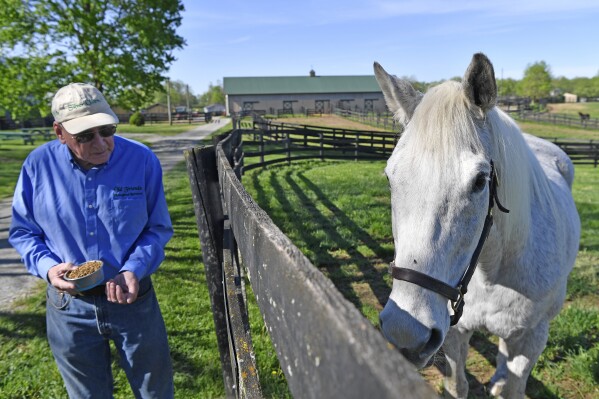Moving from a four-bedroom family home to a two-bedroom flat could unleash more than £414,000 for downsizers even after stamp duty, analysis suggests.
Cutting down from a four-bedroom house worth £904,778 to two bedrooms in London could net house sellers up to £414,000, whereas those selling in the capital to move to the North East could make up to 85pc of their property’s value, or £771,097.
The most lucrative place to downsize is in the North East, where homeowners can recoup up to 56pc of their home’s value by moving from a four-bed worth £294,736 to a two-bedroom house with £118,795.
In the South East, the West Midlands, the East Midlands, the North West, Yorkshire and the Humber, Wales, the North East and Scotland, homeowners can make more than 50pc profit by downsizing from an average four-bed to an average two-bed, according to analysis by consumer group Which?.
This leaves many of those downsizing with enough to achieve a “moderate” lifestyle in retirement, according to separate analysis from pension provider AJ Bell. It found that retirees needed a pot of at least £490,000 for their retirement.
It comes amid calls for stamp duty, which is paid in most cases when moving into a home that is worth more than £250,000, to be removed ahead of the Budget. It is hoped such a move would make it easier for those in homes which are too big to move out, so that they can be sold to younger families.
Stamp duty has long been criticised for disincentivising home moves in later life and is now understood to be an option for tax cuts in the Autumn Statement.
The average UK house price in February 2024 was £281,000, with the average house in England costing £298,000.
Sam Richardson, deputy money editor at Which?, said: “Downsizing is far from easy – no house move is – but it can unlock a significant amount of money.
“Even after additional expenses, such as stamp duty and removal fees, the sums you free up could make a big difference, especially if you’re concerned that your pension won’t go far enough, or you’re looking to help loved ones financially.”
He said: “Added to that is a chance to experience a new community and part of the country, and find a home that suits you, with potentially less maintenance and upkeep required.”
The costs of downsizing include stamp duty, an estate agent fee and conveyancing fees.
More than 84pc of households where the main resident was over the age of 65 were considered under-occupied at the last census. The equivalent figure where the main resident was aged between 25 and 34 was just 53.3pc.
But Fred Cook, director of buying agency Prime Purchase, said that calls for the tax to be scrapped had stopped owners selling, as they don’t want to miss out on a cut.
He said: “Calls for downsizers not to pay stamp duty don’t help – the minute there is the slightest whiff that a change might be afoot the downsizing buyer will stall. This has been happening for at least two years now.”
Mr Cook said that the biggest problem for downsizers was finding a suitable new home, adding: “Stamp duty is only part of it; the lack of suitable stock to downsize to is the real problem. When they try to find such a property they often can’t, either because they are so rare or they don’t exist.”
Disclaimer: The copyright of this article belongs to the original author. Reposting this article is solely for the purpose of information dissemination and does not constitute any investment advice. If there is any infringement, please contact us immediately. We will make corrections or deletions as necessary. Thank you.



